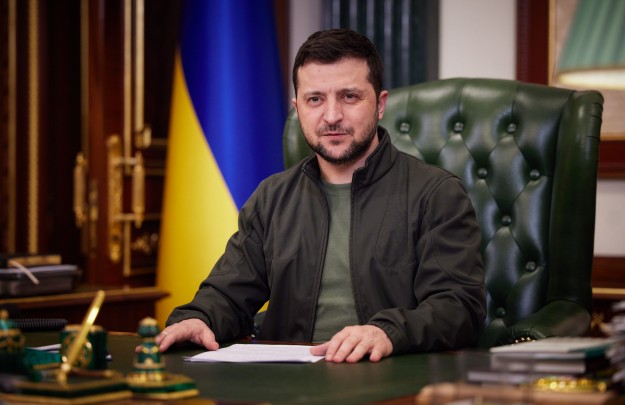God is love. An entire creed condensed into a phrase. In the age before sound-bytes one of Jesus' closest followers was writing letters littered with sound bytes. God is love. God is light. God is spirit. The First Letter of John has been a deep well of water to which I return regularly for inner refreshment, restored faith, re-energised devotion, and no nonsense reminders of what it is I'm saying when I use the words God is love.
Autobiography first. Not long after my conversion I was thirsty for knowledge, not knowing what I needed to know. I was pointed to the then premier Christian Bookshop in Scotland, Pickering and Inglis in Glasgow. For reasons now forgotten, I picked up the Tyndale Commentary on The Epistles of John, by John Stott, and bought it, my first purchased commentary, and the start of a lifetime's immersion in exegesis as devotion.
Ten years later in my first pastorate I was preaching through John's Letter. My companions were John Stott, Robert Law's quite outstanding The Tests of Life (1909), and the just published Epistles of John in the prestigious NICNT series by Howard Marshall. My memory is the congregation appreciated, sometimes perhaps affectionately tolerated, my attempts at communicating the passionate confession and defensive polemic of an apostle whose entire core was energised by the eternal coincidence of Divine love and human response – "we love because He first loved us", and in an older translation, "Behold what manner of love the Father has bestowed upon us."
1982 saw the publication of Raymond Brown's ridiculously massive commentary in the Anchor Series, 800+ pages on a letter of 2000 words. It's brilliant, exhaustive and exhausting to use, but crammed with information and deep scholarship. Names like Schnackenburg, Brown, Smalley, Lieu, Youngblood and many other mid level commentaries, demonstrate a diversity of theories and interpretive options.
I've kept up with much of that scholarship, learned new ways of reading and understanding John, and had to think and rethink again. But what remains constant is that urgent voice arguing and commending, expounding and defending, explaining and contradicting, reassuring the faithful and condemning those who mess with the heads of "his little children."
The relevance of my own journey with John, for me at least, is the attractiveness of his mixture of passion and precision – passionate love for Christ because in Him we see the passion of God. In words like these:
"God is love. This is how God showed his love among us: He sent his one and only Son into the world that we might live through him. This is love: not that we loved God, but that he loved us and sent his Son as an atoning sacrifice for our sins. Dear friends, since God so loved us, we also ought to love one another." (4.9-11)
The love of God is both centre and circumference in my spirituality and theology, and therefore in my preaching and understanding of the motives and energies of pastoral care. The letter of John runs like a continuous thread through the story of my life and how I've tried to live it as a Christian, a minister and a human being called to live responsibly and responsively before God. This text is a vocal, persistent and penetrating critic of my failures in the Tests of Life. But it keeps me honest, it keeps me wanting to be more faithful, and it keeps me hopeful.
For John there are unbreakable links between being loved by God, loving God in response, and proving that love by loving others. You can't say you love God if you hate your brother – not shouldn't, can't! The commentary by Robert Law I mentioned earlier says it in the title: John's letter provides the Tests of Life, the criteria by which we can claim to be Christian. John doesn't do compromise or exception clauses. John delivers an ultimatum like Jack Reacher, perhaps without the physical intimidation! Love! You're loved by God who is love. So love in the same way, to the same extent, to the same people. That's how it works. God loves you, you love others. Give what you get. Freely you received, freely give.
Oh yes, John has a lot to say about sin, confession, cleansing and being made righteous. But the test of righteousness is love. And yes, John insists that a Christian is someone who confesses that in Jesus the fullness of God's love is revealed, but the test of such confession is love in practice, that is, the same love of God revealed in Jesus is to be evident in those who confess they have experienced and live by the love of God.
At this stage of my life, half a century on from my first reading of Stott on I John, I'm ready to try to preach the message of 1 John again. Maybe five sermons, core samples of a text that really ought to upset us as much as uplift us; that is, if we can be honest before God and confess the sin of not loving. And if we can seek again the inner renewal of the heart that comes from opening ourselves to the love that opens us up in vulnerable, humble and determined love of others.
Meantime here's John the pastor, who manages to be both compassionate and uncompromising:
This is how we know what love is: Jesus Christ laid down his life for us. And we ought to lay down our lives for our brothers and sisters. If anyone has material possessions and sees a brother or sister in need but has no pity on them, how can the love of God be in that person? Dear children, let us not love with words or speech but with actions and in truth.

